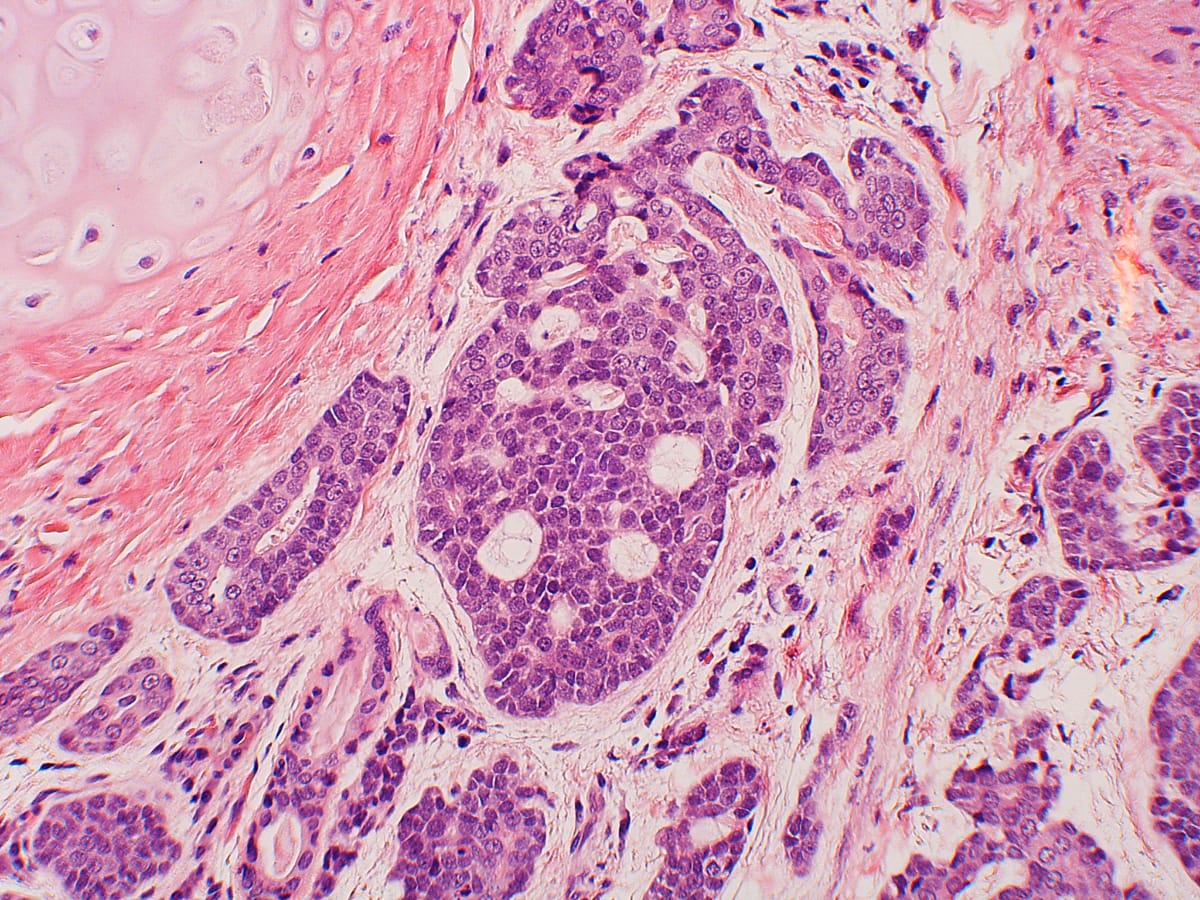
Source: Yale Rosen | © Flickr.com (CC by SA 2.0)
Kyoto University scientists create mini bronchi to test COVID-19 drugs
- Tags:
- bronchi / camostat / coronavirus / COVID-19 / drug testing / Kyoto University
Related Article
-

Textile maker releases woven traditional Japanese paper masks for kimono
-

When getting the silent treatment is a good thing: Japanese hair salon’s pandemic measure
-

Ministers pray for the end of COVID-19 at empty Aoi Festival
-

‘No contact’ app lets you check in to hospitals and hotels with QR code
-

Japan’s Caffè & Bar Pronto offers free “drinking etiquette” masks to patrons during pandemic
-

Japanese vending machines now carrying masks and antibacterial wipes


A team of researchers in Japan who have been studying COVID-19 and how it affects the lungs, have successfully created scaled-down bronchi which they hope to use in order to help develop effective drugs against the coronavirus.
The bronchi are the airways that lead from the trachea to the alveoli in the lungs. The essential function of the bronchi is to act as passageways that direct air into and out of the lungs. Playing a major role in our immune systems, the bronchi and lungs can be prone to infection from various viruses and illnesses and have been affected most recently by the pneumonia-causing coronavirus.
Image by Yale Rosen, Physician-Pathologist | CC by SA 2.0
The team of researchers behind the creation are based at the Takayama lab – a subsidiary laboratory at Kyoto University’s Center for iPS Cell Research (CiRA) – which teamed together in March to fight against the new coronavirus.
Over the last few months the team have been working together and have created tiny bronchi replicas with a diameter of 0.2 millimeters. The replicas are made from frozen human bronchial tissue cells and take around 10 days to formulate.
After the successful creation of the bronchi, the lab then moved on to studying how the virus affects the lungs, and what effect the drug camostat (which is usually used to treat inflammation in the pancreas) can have on an infected organ.
The lab highlights that, although the effects that multiple drugs have on COVID-19 are currently being tested in single cells, “the study of these drugs using in vitro lung models is rare”.
From the study, researchers found that camostat effectively reduced the impact of the virus in the organoids. On that high note, Takayama Lab hopes that they will be able to continue using the miniature organs to study antiviral drug efficiency.
A paper released by the lab on May 26, outlines the project and their findings so far. An updated version of the paper which includes a list of the materials and methods used, (released June 1) can be read here.
In conclusion, the paper states “In this study, we succeeded in generating hBO from cryopreserved adult hBEpC and applied it to SARS-CoV-2 research. We confirmed that SARS-CoV-2 could infect and replicate in these cells and that camostat could suppress the replication. If small airway organoids and alveolar organoids can be produced from cryopreserved adult human small airway epithelial cells and alveolar epithelial cells, respectively, the infection and replication of SARS-CoV-2 in each part of the lung can be evaluated” before finishing, “Furthermore, because hBO can be generated from commercially available cryopreserved hBEpC quickly (10 days) and at large scale, we expect hBO will shorten the search for effective COVID-19 agents.”